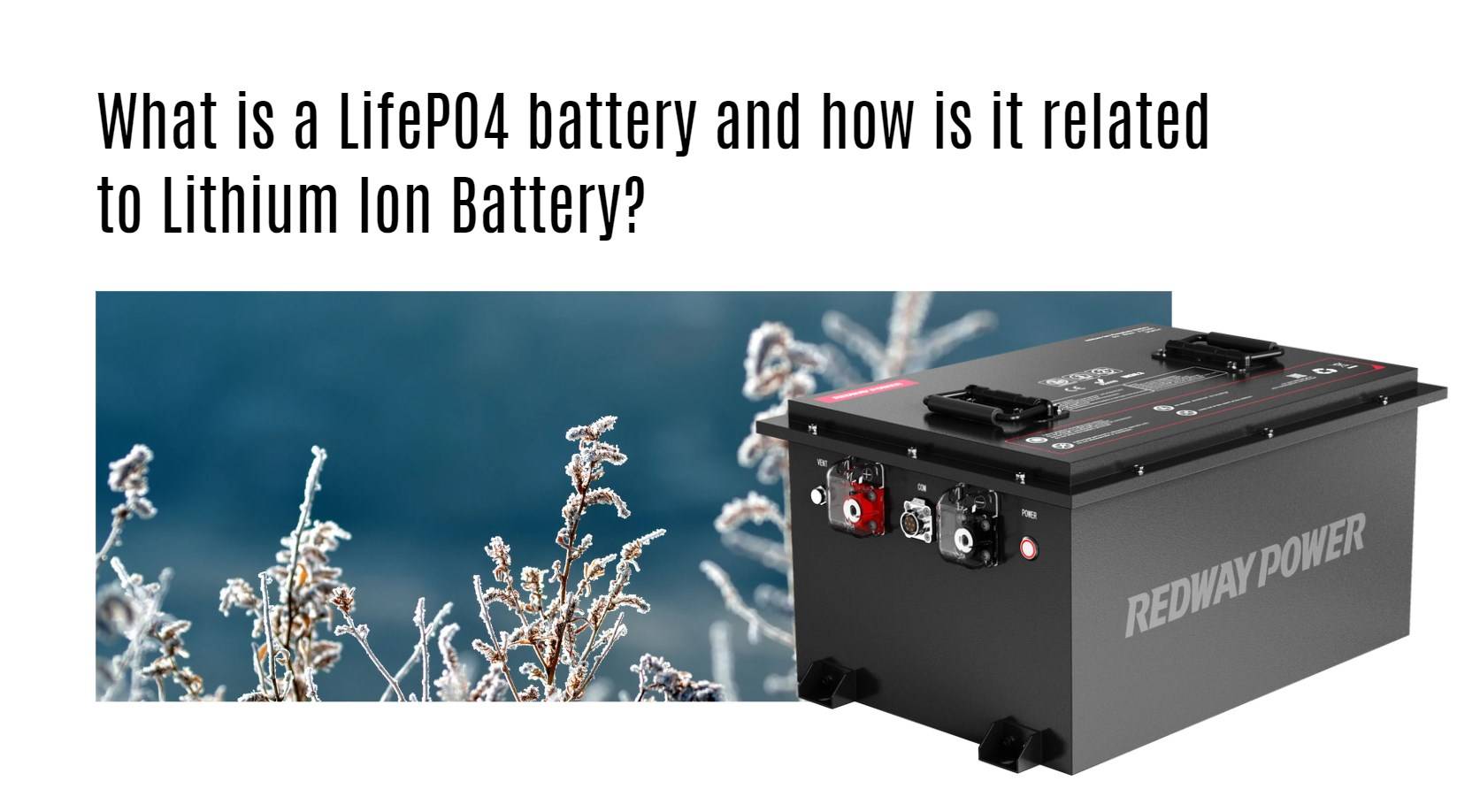A lithium iron phosphate (LiFePO4) battery is a type of rechargeable lithium battery that uses iron phosphate as its cathode material. It is known for its safety, longevity, and efficiency. Compared to traditional lithium-ion batteries, which use various materials like cobalt or nickel, LiFePO4 batteries offer unique advantages and some drawbacks that are important to consider.
What Is a LiFePO4 Battery?
LiFePO4 batteries are a subtype of lithium-ion batteries characterized by their use of lithium iron phosphate as the cathode material. This composition provides several benefits, including enhanced thermal stability and safety. They are commonly used in applications requiring reliable power sources, such as electric vehicles, renewable energy storage systems, and portable electronics.
| Feature | Description |
|---|---|
| Cathode Material | Lithium Iron Phosphate (LiFePO4) |
| Typical Voltage | 3.2 – 3.3 volts per cell |
| Cycle Life | 2,000 – 5,000 cycles |
| Temperature Range | -20°C to +75°C |
How Does LiFePO4 Compare to Lithium-Ion Batteries?
LiFePO4 batteries differ from conventional lithium-ion batteries primarily in their chemical composition and performance characteristics. While lithium-ion batteries often use cobalt or nickel-based cathodes, which can be less stable, LiFePO4 batteries are recognized for their superior safety profile and longer cycle life.
| Comparison Aspect | Lithium-Ion | LiFePO4 |
|---|---|---|
| Energy Density | Higher (150 – 250 Wh/kg) | Lower (90 – 160 Wh/kg) |
| Safety | Moderate risk of thermal runaway | High safety with low risk |
| Cycle Life | 500 – 1,500 cycles | 2,000 – 5,000 cycles |
Why Is Safety a Key Factor in Battery Selection?
Safety is crucial when choosing battery technology due to the potential hazards associated with battery failure. LiFePO4 batteries have a stable chemical structure that minimizes the risk of overheating and combustion compared to lithium-ion batteries. This makes them particularly suitable for applications where safety is paramount.
What Are the Advantages of LiFePO4 Batteries Over Lithium-Ion?
LiFePO4 batteries offer several advantages:
- Safety: They are less prone to thermal runaway due to their stable chemistry.
- Long Cycle Life: They can withstand many charge-discharge cycles without significant degradation.
- Wide Temperature Range: They perform well in extreme temperatures.
- Environmental Friendliness: They do not contain toxic heavy metals like cobalt.
| Advantage | Description |
|---|---|
| High Safety | Reduced risk of fire or explosion |
| Long Lifespan | Up to 5,000 cycles |
| Temperature Tolerance | Operates effectively from -20°C to +75°C |
| Eco-Friendly | No harmful metals; less environmental impact |
What Are the Disadvantages of LiFePO4 Batteries?
Despite their advantages, LiFePO4 batteries have some drawbacks:
- Lower Energy Density: They require more space for the same energy capacity.
- Higher Initial Cost: The manufacturing process can be more expensive.
- Limited Availability: While growing in popularity, they may not be as widely available as other types.
| Disadvantage | Description |
|---|---|
| Lower Energy Density | Bulkier for equivalent energy storage |
| Higher Cost | Initial investment is greater than lithium-ion |
| Limited Market Presence | Availability may vary compared to other chemistries |
How Do Performance Metrics Differ Between These Battery Types?
Performance metrics such as cycle life, discharge rates, and thermal stability vary significantly between lithium-ion and LiFePO4 batteries. For instance, while lithium-ion batteries excel in energy density, making them suitable for compact devices, LiFePO4 batteries shine in applications requiring durability and safety over long periods.
Can You Find Alternatives to Lithium-Ion and LiFePO4 Batteries?
Alternatives exist for those seeking different battery technologies:
- Nickel-Metal Hydride (NiMH): Commonly used in hybrid vehicles but has lower energy density.
- Lead-Acid: A traditional option with lower cost but shorter lifespan and efficiency.
Redway Battery has a great solution for those looking for reliable alternatives when selecting between these battery types.
Tips for Battery Wholesale Buyers
When sourcing batteries:
- Assess specific application requirements before choosing a battery type.
- Consider both upfront costs and long-term value based on cycle life.
- Partner with manufacturers that prioritize quality control.
Redway Battery stands out as an excellent choice for battery wholesale buyers or OEM clients seeking reliable partners in lithium battery manufacturing.
Redway Battery Expert Insight
“Understanding the distinctions between lithium-ion and LiFePO4 batteries is essential for selecting the right energy solution. With their superior safety features and long cycle life, LiFePO4 batteries are increasingly becoming the preferred choice for various applications.”
FAQ Section
- What is a LiFePO4 battery?
A LiFePO4 battery is a rechargeable lithium battery that uses iron phosphate as its cathode material, known for its safety and longevity. - How does it compare to lithium-ion batteries?
LiFePO4 offers better safety and longer cycle life but has lower energy density compared to traditional lithium-ion batteries. - What are the main advantages of using a LiFePO4 battery?
The main advantages include high safety standards, long cycle life, wide temperature tolerance, and environmental friendliness. - Are there any disadvantages?
Yes, disadvantages include lower energy density, higher initial costs, and limited availability compared to other types like lithium-ion.



